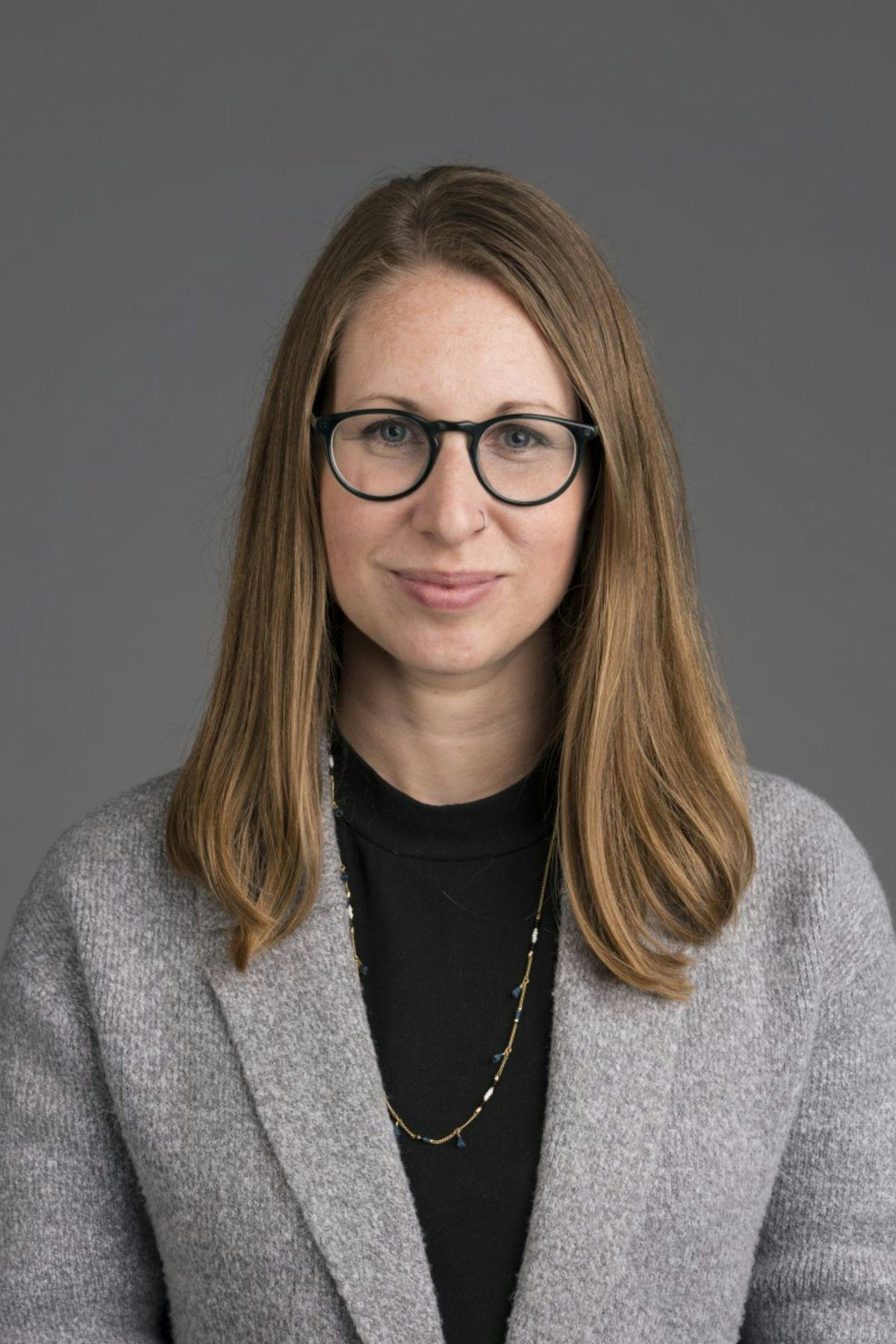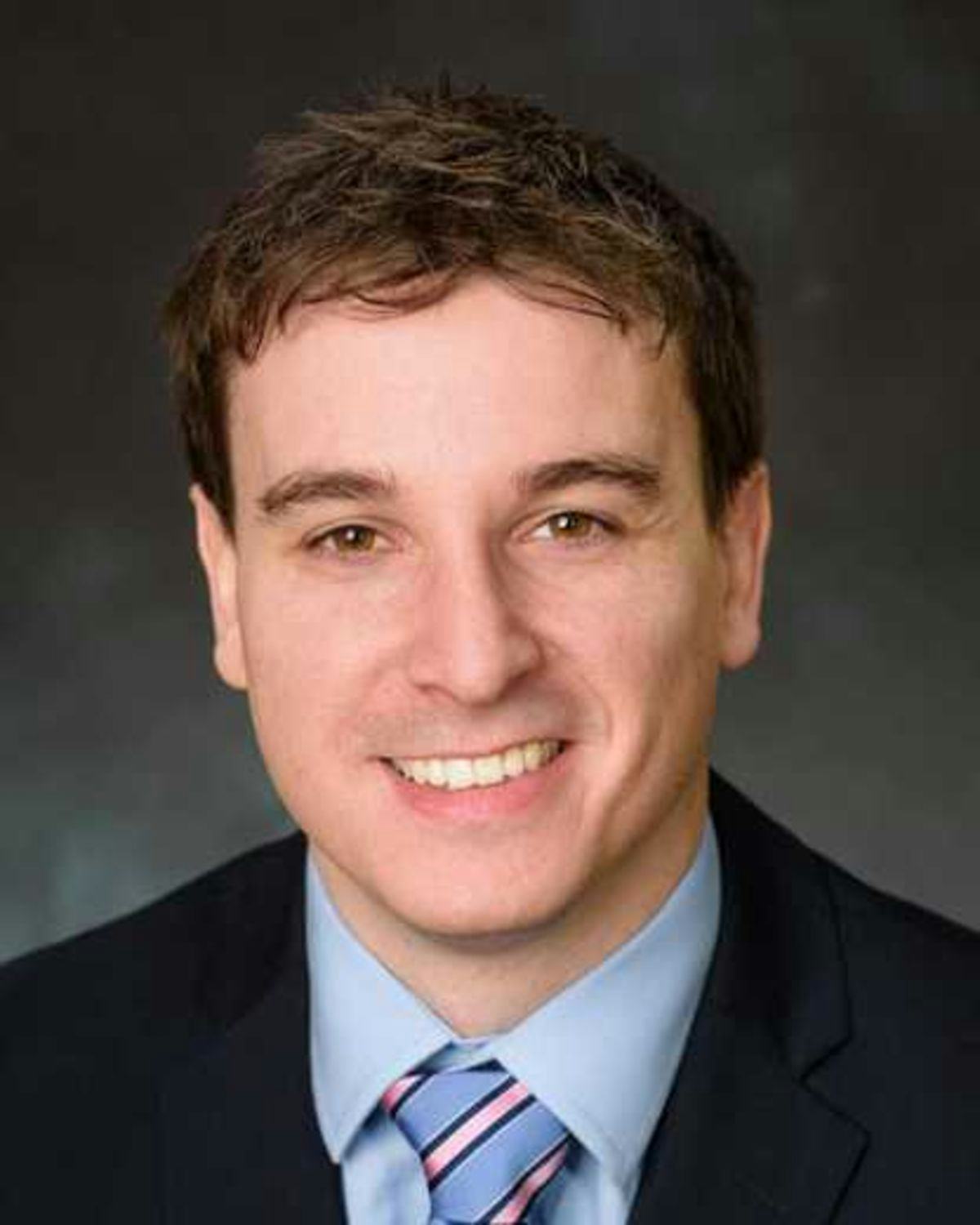Cross-Disciplinary Research Team Wins $1.5M National Science Foundation Grant to Support Low-Income STEM Students at Stevens
The project — steered by Mechanical Engineering professor Frank Fisher — will provide 50 STEM students with scholarships and mentors trained to foster adaptive expertise.
For every three undergraduate students who start a science or engineering degree, one will drop their program, according to the National Science Foundation (NSF). It’s a leaky STEM pipeline that loses a disproportionate number of low-income, first-generation and other historically excluded students.
A cross-disciplinary research team at Stevens Institute of Technology thinks one way to stop those leaks is by giving incoming students tools to help them adapt to the rigors of an undergraduate STEM program and better prepare them as flexible experts in their fields.
A $1.5M NSF grant will fund a six-year project led by Frank Fisher (Mechanical Engineering) and a team of Co-PIs, including Alex De Rosa (Mechanical Engineering), Ashley Lytle (College of Arts and Letters), Susan Metz (Office of the President) and Jean Zu (Dean of the Schaefer School of Science and Engineering), focused on developing adaptive expertise among high-achieving STEM students with demonstrated financial need.
What’s Adaptive Expertise?
Adaptive expertise is a concept that belongs to the field of learning science and describes the way some experts can flexibly apply their knowledge.
“If you look at two people that have content expertise [and] ask them to step a little bit outside their comfort zone, one expert would be more effective and more comfortable doing that,” explained Fisher. “And, for the other, it may not be as easy. They may have very rigid areas over which they have expertise whereas the adaptive expert is able to apply their expertise in new ways.”
Fisher studied adaptive expertise while earning a masters degree in Learning Science from the School of Education and Social Policy at Northwestern — during what he calls his one year sabbatical from his Ph.D. studies in Mechanical Engineering at the same school. The topic came up in conversation with De Rosa as the two professors carpooled into Stevens together. That casual chat led to a review paper and then a grant application to look at how building this concept into the curriculum could help students develop the adaptive aspect of their expertise — and possibly help retain students in STEM programs.
A key part of adaptive expertise is understanding how knowledge is acquired, which can make a huge difference in how high-achieving first year students entering a rigorous undergraduate program view their progress.
“Just because you don't understand something doesn't mean that you're not smart enough or you're not prepared to be an engineer or you're doing something wrong,” Fisher said. “And we think that that component could help with retention because the worry — and what we see in the literature — is we get some first-year students who are maybe from disadvantaged backgrounds, and they start getting lower grades than they've gotten in high school. All of the sudden, they're not the smartest kid in the class. How do they handle and adapt to that? And I think if they were an adaptive expert, they would say, ‘Well, it's okay that I don't know everything. What's important is how I'm learning over time.’”
Fisher says that’s especially true for first-generation students who don’t have a family member to call up who can sympathize with academic setbacks like a poor grade on a test and offer reassurance that it’s a common experience. Ensuring all students have access to support systems that engender resiliency could make a difference.
“We are so much more aware of issues surrounding diversity and the different supports our students need than we were even a few years ago,” noted De Rosa. “While we have made a lot of progress by implementing different groups and programs to support underrepresented minority students, women in engineering, etcetera, we can still do more. This project targets low-income students. This is a group of students that cuts across many of these other areas but could also comprise folks who fall between the cracks of these existing support networks. It is important that we find out who our low-income students are, what specific supports they need and what we can do to help them succeed.”
Adventures in S-STEM
The project will officially kick off in June 2022 and span six years so the team can follow three cohorts of ADAPT Scholars — a total of 50 high-achieving undergraduate STEM students with demonstrated financial need — over their entire four years at Stevens. The team will provide each ADAPT Scholar with a $3,000 per semester S-STEM scholarship and pair them with a faculty advisor trained to mentor students in developing adaptive expertise.
“What we want to do is develop programming that would present this to students and say, ‘Instead of gradually learning this from osmosis, we want to prepare you in your first year so that at the beginning of your studies, your goal is to become this adaptive expert,’” explained Fisher. “We think that'll help them in their studies, and there are reasons to believe that that would help with things like retention and persistence to graduation.”
“I am excited to work with this incredible interdisciplinary research team to investigate what factors influence retention and graduation rates among our students,” reiterated Lytle, who is an assistant professor of social science. She, Fisher, and De Rosa are using survey tools this fall to get preliminary data to serve as a baseline for the project. Once the project begins, they’ll track student performance and retention rates and conduct interviews and focus groups with the ADAPT Scholars so they can pinpoint the most effective aspects of the program.
Eventually, the materials used to train the faculty advisors and ADAPT Scholars will be available for all Stevens faculty, and Fisher thinks it could even become a key component of first-year orientation for all incoming STEM students at Stevens.
If successful, the ADAPT Scholar program could also be adopted by other universities looking to retain STEM-capable students who might otherwise fall through the cracks. It’s an exciting prospect that fits well with NSF’s Vision 2030, which calls on STEM leaders and institutions to invest in bold structural changes to ensure an inclusive future STEM workforce.
Learn more about the undergraduate experience at Stevens:
Undergraduate Programs in the Schaefer School of Engineering and science (SES)




